Review| The Grand Budapest Hotel: We’re Brothers
“You see, there are still faint glimmers of civilization left in this barbaric slaughterhouse that was once known as humanity. Indeed that’s what we provide in our own modest, humble, insignificant… oh, f*** it.” –M. Gustave
In one week, I saw The Grand Budapest Hotel (GBH) four times. That’s just shy of how many times I went to see Avengers the week it came out (Six if you’re wondering). Each time I left recognizing something different about the story. The first time, I was just annoyed about the lady behind me who read every word that came up on the screen, and if you’ve seen one of Wes Anderson’s films, you know there’s quite a bit of that. The second, I realized that the aspect ratio changed during the film. The third, I was surprised by how many random things I found funny, like the appearances of Owen Wilson and Harvey Keitel. The fourth time, I realized this story felt so familiar and similar to Anderson’s other stories.
GBH is the story of M. Gustave, a seasoned concierge at an illustrious hotel, and his teaching, training and adventures with his protege Zero. Gustave is set up for murder, and Zero’s job and goal from that point forward is to work to get him out and help clear his name. If you’ve seen The Life Aquatic, you’ve seen a similar story, where one man sets out on an adventure to redeem a fallen friend by attempting to avenge his death. If you’ve had the chance to watch The Darjeeling Limited, you saw three brothers attempt to restore the brokenness in their relationships with each other by going on an adventure throughout India. It’s not that all these stories have an adventure in common, though they do. It’s that each of these movies had a goal of showing their attempts to put the pieces back together in a situation that was a mess.
A big part of that redemption story is the relationship between M. Gustave and Zero. Zero, a boy without a past or a story. Without a home or a purpose. M. Gustave, a man well out of his prime, trying to relive his glory days by seducing older women, and although he connects with them in so many ways, and is a recipient of so much of their generosity and love, he has few real connections in the world. We see the hurt of us all in both of them, and in each other they see their own redemptions. Gustave sees a legacy, and Zero sees his chance to find worth.
Although Gustave has few real connections we see one of them murdered, an elderly lady named Madame D. Gustave is set up by the killers for the death of Madame, after being willed her most prized possession, and is imprisoned. Immediately, he and Zero set about planning his escape with the aid of a few of the inmates, and while he’s in prison, we find out that Zero is falling in love with a girl who lives in the town near the hotel.
Gustave’s demeanor and attitude towards Zero are changed by these events. The boy who once had no story is now the only one coming to his aid, and he’s doing so at the possible sacrifice of his love with Agatha, the town girl. As they climb out of the sewers and are on their way to freedom, we see an exchange that paints a clear picture of the struggle these two have. The intensity of Gustave meets the meek nature of Zero. A boy who’s life was ruined by war and destruction is torn apart by the words of this brash concierge. “I suppose this is to be expected back in Aq Salim al-Jabat where one’s prized possessions are a stack of filthy carpets and a starving goat, and one sleeps behind a tent flap and survives on wild dates and scarabs.”
Zero isn’t just quiet and reserved though, he’s also kind and loving. He doesn’t get angry with Gustave, because he had no idea that his father had been murdered. He simply states the truth of his situation and is greeted with the softened cynicism of a frustrated man. “Well, I suppose I’d better take back everything I just said. What a bloody idiot I am. Pathetic fool. … I owe you my life. You are my dear friend and protege and I’m very proud of you. You must know that. I’m so sorry, Zero.” Zero’s response is simple, “We’re brothers.”
We’re brothers, you know. We’re not alone in this struggle, because we all know it’s a messed up world. We all know the brokenness of ourselves and those around us all too well, but this movie greets that experience with a bit of hope. A hope that somehow through all this pain, we’ll see in each other those dear friends, to whom we can admit a wrong or a failure, and continue on together. Hopefully we’ll find those dear friends who are willing to stop beside us and help pick up the pieces. Hopefully we’ll decrease in our intensity and harsh words, and give grace to someone who says the wrong thing without even realizing it.
Anderson is one of my absolute favorite filmmakers for the realizations I have while watching his movies. I’m sure it’s not always the most obvious or the most intended, but it’s the ones that impact me. His movies are filled with wonder, and childlike adventure on the way to something great. Here’s hoping you’ll cheer for this movie on Sunday night, as it’s nominated for 9 Oscars, including Best Picture, Director, Score, Cinematography, and many more.


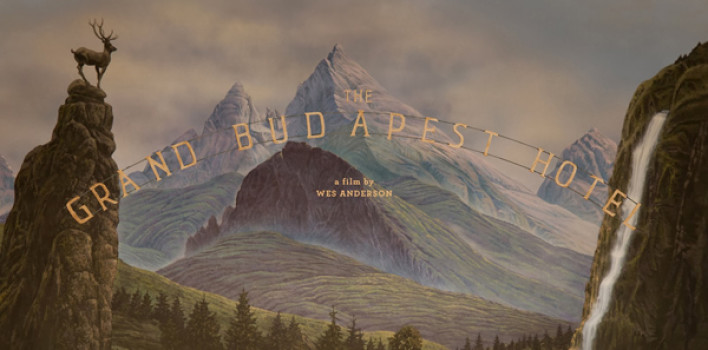
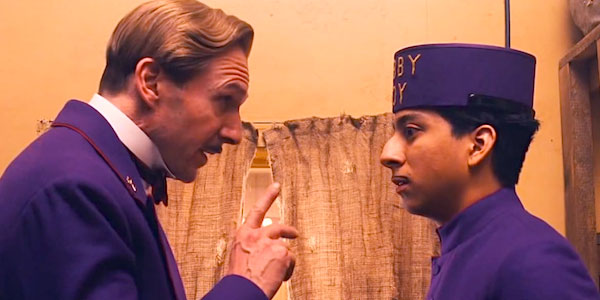
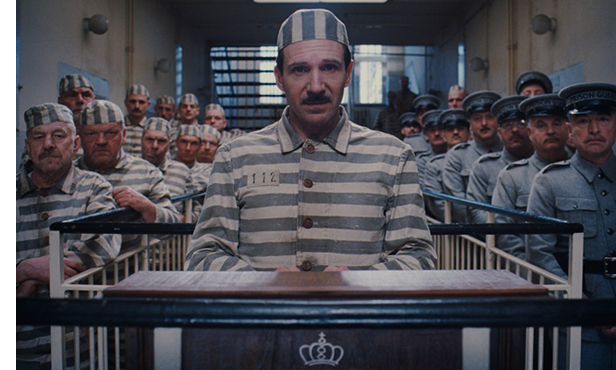
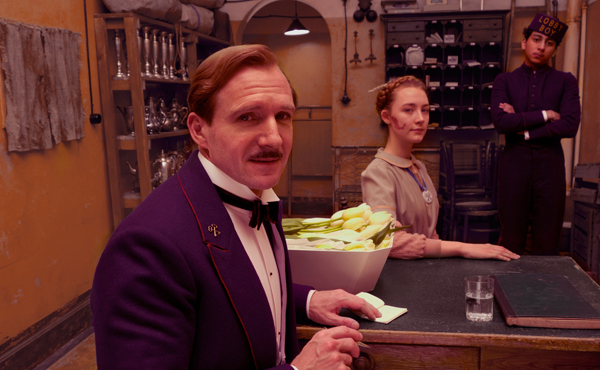


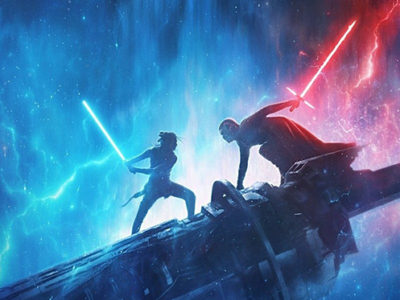


Killed it Griffin, this is really good. BTW, that is an impressive amount of times to see it in theaters.